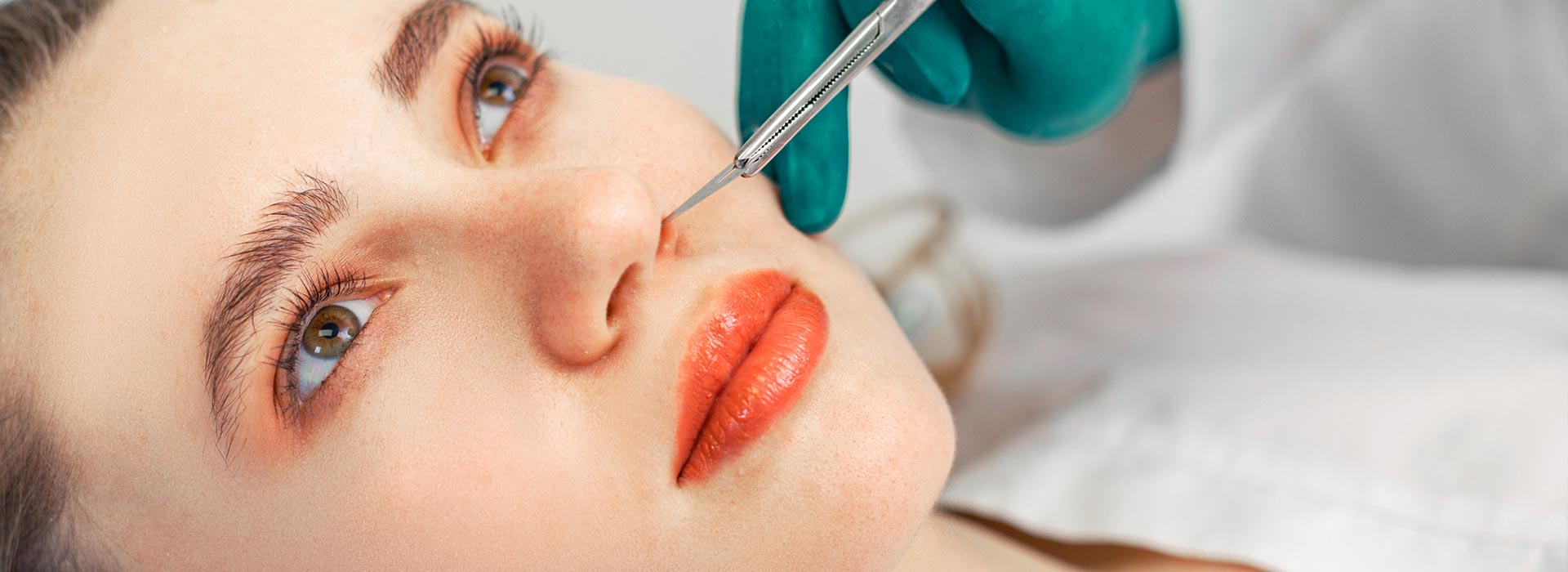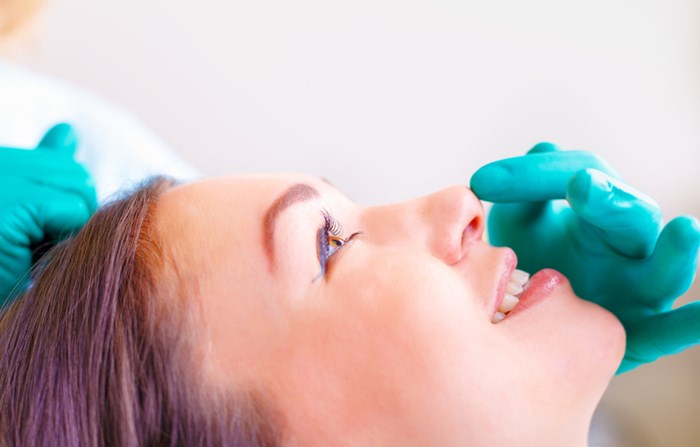Are you planning to undergo rhinoplasty surgery? If yes, then you must know that post-operative care is critical for a speedy recovery. One of the primary concerns after nose surgery is managing pain and discomfort. Fortunately, there are several medications available that can help ease your symptoms and promote healing. To make things easier for you, we’ve compiled a list of the top five medications you need after rhinoplasty surgery to ensure a smooth recovery process. So let’s take a closer look at these essential drugs!
Table of Contents
Introduction
Rhinoplasty, or nose surgery, is one of the most common plastic surgery procedures. After undergoing rhinoplasty, it is important to take care of yourself and your incisions in order to ensure a successful recovery. Here are the top medications you need after rhinoplasty surgery:
1. Antibiotics: You will be prescribed antibiotics to help prevent infection. It is important to take them as directed and finish the entire course even if you are feeling better.
2. Pain medication: You will likely experience some pain and swelling after surgery. Over-the-counter pain medication can help, but be sure to talk to your surgeon about what they recommend before taking anything.
3. Sleeping pills: Many people have trouble sleeping after rhinoplasty due to the pain and discomfort. Your surgeon may prescribe a sleep aid to help you get the rest you need.
4. Nasal spray: A nasal spray can help keep your nasal passages moist and help reduce swelling. Be sure to follow your surgeon’s instructions on how often to use it.
5. Follow-up appointments: It is important to keep all of your follow-up appointments with your surgeon so they can monitor your healing and make sure everything is going well.
What is Rhinoplasty Surgery?
Rhinoplasty surgery, also known as a nose job, is a cosmetic procedure that alters the shape of your nose. It can be performed to improve the appearance of your nose, correct a birth defect or injury, or improve your breathing.
There are two types of rhinoplasty: open and closed. During an open rhinoplasty, your surgeon will make an incision in the columella, the strip of skin that separates your nostrils. This type of surgery gives your surgeon better access to your nasal structure and allows for more precise sculpting of your nose. A closed rhinoplasty involves making incisions inside your nostrils only.
Your surgeon will then sculpt your nose to the desired shape using bone or cartilage grafts, suture techniques, or synthetic implants. Finally, they will place a splint on your nose to support it as it heals and re-attaches any skin incisions.
The Top 5 Medications You Need After Rhinoplasty Surgery
1. Antibiotics: You will be prescribed antibiotics to help prevent infection. Be sure to take them as directed.
2. Pain medication: You will likely experience some pain and swelling after surgery. Over-the-counter pain medications can help, but be sure to ask your surgeon before taking anything.
3. Nasal spray: A nasal spray can help keep your nose moist and prevent crusting.
4. Sleeping aids: It is common to have trouble sleeping after surgery. Your doctor may recommend a sleep aid to help you rest.
5. Follow-up appointments: Be sure to keep all of your follow-up appointments with your surgeon so that they can check your healing progress.
– Antibiotics
Antibiotics are typically prescribed after rhinoplasty surgery to help prevent infection. It is important to take them exactly as prescribed and to finish the entire course of antibiotics, even if you are feeling better. Infection is a rare complication following rhinoplasty, but it can be serious. Symptoms of infection include fever, chills, increased pain, redness or drainage from the incisions. If you experience any of these symptoms, call your surgeon immediately.
– Painkillers
Painkillers are an important part of the post-operative care for patients who have undergone rhinoplasty surgery. They help to control pain and discomfort, and can also reduce swelling and bruising. There are a variety of different painkillers available, and your surgeon will likely prescribe one or more for you to take after your surgery. Some common painkillers that are used after rhinoplasty include acetaminophen (Tylenol), ibuprofen (Advil), and naproxen (Aleve).
 – Decongestants
– Decongestants
After rhinoplasty surgery, you will likely experience some congestion and swelling. To help relieve these symptoms, your doctor may prescribe a decongestant. Decongestants work by constricting blood vessels and reducing swelling. They are available in pill form or as a nasal spray.
If you are using a decongestant nasal spray, be sure to follow the instructions on the label carefully. Overuse of nasal sprays can lead to further congestion.
Pills can be taken orally or dissolved in water and taken as a drink. Some common brand names of oral decongestants include Sudafed and pseudoephedrine.
Decongestants may cause side effects such as increased heart rate, headache, and insomnia. Be sure to talk to your doctor about any concerns you have.
– Anti-inflammatory medications
There are a few different types of anti-inflammatory medications that your doctor may prescribe after rhinoplasty surgery. These include:
-NSAIDs (nonsteroidal anti-inflammatory drugs): These are typically the first line of treatment for pain and swelling after surgery. Common NSAIDs include ibuprofen (Advil, Motrin) and naproxen (Aleve).
-Corticosteroids: These are stronger anti-inflammatory medications that can be taken orally or injected directly into the site of inflammation. They are usually only used for a short period of time due to potential side effects.
-Acetaminophen: This medication is not an anti-inflammatory, but it can help to relieve pain. It is often combined with other medications, such as NSAIDs, for added pain relief.
– Antiviral medications
There are many different types of antiviral medications available, and your surgeon will prescribe the best one for you based on your individual situation. The most common antiviral medications used after rhinoplasty surgery include:
• Acyclovir (Zovirax)
• Famciclovir (Famvir)
• Valacyclovir (Valtrex)
These antiviral medications can help to reduce the risk of developing a viral infection after surgery. They can also help to reduce the severity and duration of a viral infection if one does occur.
Risks and Side Effects of the Medications
There are a number of risks and side effects associated with the medications used to treat rhinoplasty patients. These include:
– Infection: Infection is always a risk with any surgery, and rhinoplasty is no exception. The use of antibiotics can help to reduce the risk of infection, but it cannot be completely eliminated.
– Bleeding: Bleeding is also a common side effect of rhinoplasty. This can usually be controlled with pressure dressings, but in some cases, it may require additional surgery to stop the bleeding.
– Swelling: Swelling is a very common side effect of rhinoplasty and can last for several weeks. Most patients will experience some degree of swelling, but it should gradually resolve over time.
– Numbness: Numbness is another common side effect of rhinoplasty. This is usually temporary and will resolve on its own over time. However, in some cases, it may be permanent.
– Pain: Pain is also a common side effect of rhinoplasty. Most patients will experience some degree of pain after surgery, but it should gradually resolve over time. Pain medication can help to control the pain during this time period.
Conclusion
Rhinoplasty surgery can be a daunting experience, but with the right medications and attention to post-operative care, you’ll have no problem getting back into your normal routine. We hope this list of top 5 medications that you need after rhinoplasty has helped you figure out what supplies you should stock up on before undergoing the surgery. Of course, it’s always best to check in with your doctor first before starting any new medication regimen or engaging in any type of medical treatment!

